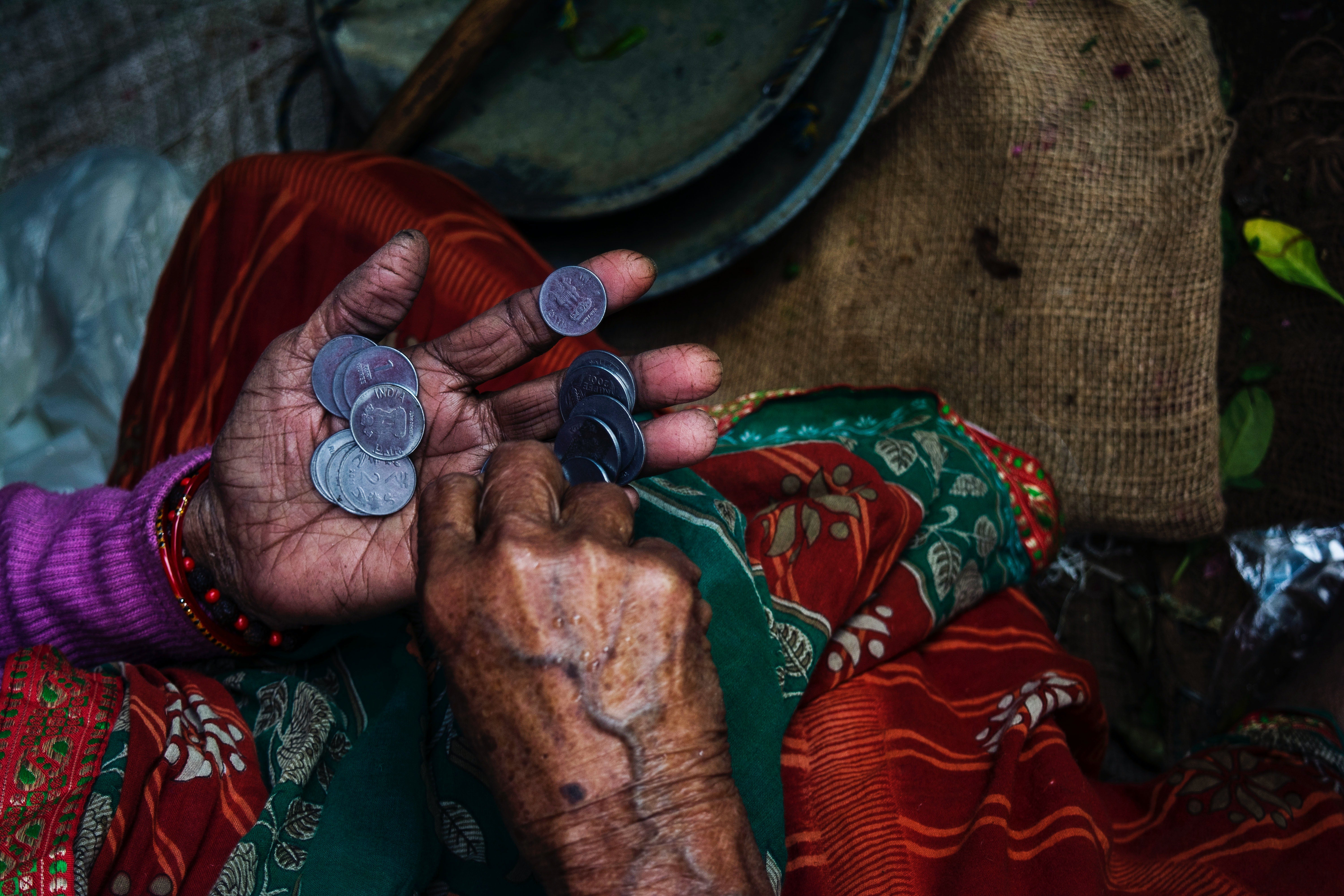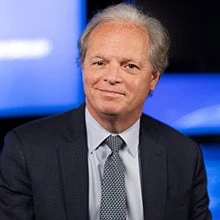 为了在应对发展挑战方面取得进展,世界需要致力于国家内部和国家之间的合作与协调。图片 : Riya Kumari/Pexels
为了在应对发展挑战方面取得进展,世界需要致力于国家内部和国家之间的合作与协调。图片 : Riya Kumari/Pexels
I joined the World Bank on End Poverty Day — October 17, 1988 — an annual event also known as the International Day for the Eradication of Poverty. In the years since, much has changed. From 36% of the world’s people living in extreme poverty in 1990, the rate has steadily declined, to less than 10% in the most recent years.
Until this year. With the collision of the COVID-19 crisis and the ongoing challenges of conflict and climate change, the world will see the first increase in extreme poverty in over two decades. That reversal makes this a particularly important End Poverty Day — a day to focus on redoubling our efforts and regaining the ground we have lost, particularly in regions like Sub-Saharan Africa, where poverty is becoming more concentrated.
The Bank’s recently released Poverty and Shared Prosperity Report estimates that between 88 and 115 million people will fall into extreme poverty this year, with the tally rising to as many as 150 million by the end of 2021. That would bring the total back up to 736 million, almost as high as in 2015.
This means that kids will not go to school in much of the world. And across the globe, there will be higher mortality rates, more hunger, less access to clean water. Already we’re seeing enormous backtracking in key development areas, areas where good progress was being made. These are some of the features of increasing poverty — and we need to do something.
The pandemic has led to over a million deaths across the world, and we are yet to see a clear end to it. The poorest people – in rich and poor countries alike — are suffering the most. And many people who were spared by earlier downturns are now being pushed into poverty.
COVID-19 is worsening many critical issues that challenge poverty reduction, but first and foremost are violent conflict and climate change. More than 40 percent of the world’s poor now live in conflict-affected countries, a number expected to rise further in the coming decade. And climate change is having a massive impact: it could push between 68 and 132 million people into poverty by 2030.
This is why the World Bank’s fund for the poorest countries, the International Development Association (IDA), is putting so much emphasis on climate change and fragility, as well as on jobs, gender, and governance.
We have more than doubled our support in fragile and conflict-affected situations between 2017 and this year, to $23 billion.
Over the last five years, the World Bank Group has provided $83 billion in climate-related investments, making us the largest multilateral source of climate financing. We are working aggressively with countries around the world on climate mitigation and adaptation.
When confronted with simultaneous crises, as we are now, we need to think both short-term and long-term. In the short term, the World Bank Group has taken swift and ambitious actions to help countries weather the impacts of COVID-19.
We expect that within a 15-month period (April 2020 – June 2021), the poorest countries will receive $50 billion to $60 billion of support – nearly $25 billion in IDA has already been committed since April.
Our support is focused on saving lives and livelihoods. We are helping 111 countries with health responses and have announced the next stage of support, to help countries finance vaccines, through a $12 billion initiative. We also are working to help countries expand social protection, support remote education, and preserve jobs and livelihoods.
Still, more financing is needed — which is why, with the IMF, we championed the G20’s Debt Service Suspension Initiative, which is helping the poorest countries free up fiscal resources needed to respond to COVID. It is also why we are asking the international community to extend this debt service moratorium and ensure that developing countries receive external financing including at concessional terms at a level commensurate with the challenge the COVID pandemic poses.
For the long term, we need to reverse the trend of increasing poverty and help countries address the development challenges that are critical to achieving the Sustainable Development Goals. This will require action by the international community at all levels – national, bilateral, and multilateral. International solidarity with the poorest countries and smart investments will help us get back on track.
Along with its sobering messages, the Poverty and Shared Prosperity Report reminds us that this is not the first time we have faced seemingly insurmountable challenges. We have done it before —in the wake of the Asian financial crisis, for example, and during the Ebola outbreak — and we will do it again.
This global crisis is a defining historical moment. To make progress on development challenges, the world needs to commit to cooperation and coordination, both within and between countries. We must work together and work better. No country or organization can do it alone. We must act boldly, decisively, and at a massive scale.
I look forward to celebrating again on future End Poverty Days and seeing the number tick lower and lower until we have ended poverty once and for all.


Join the Conversation